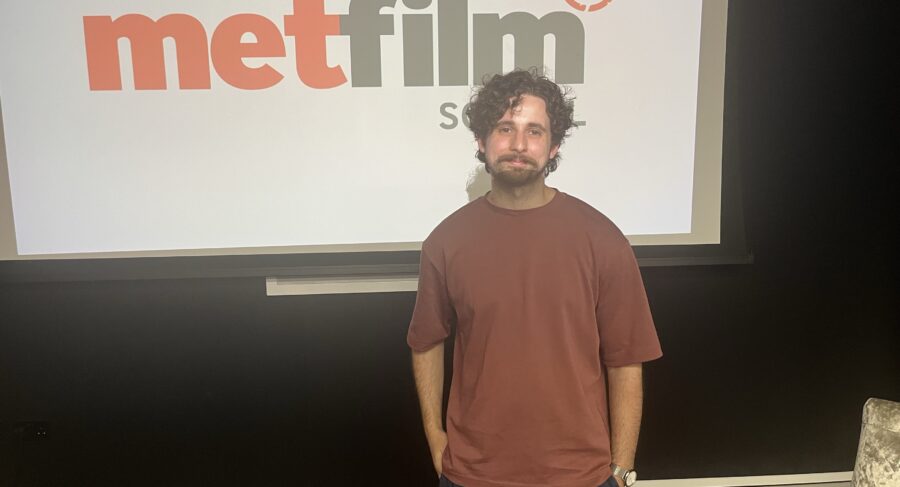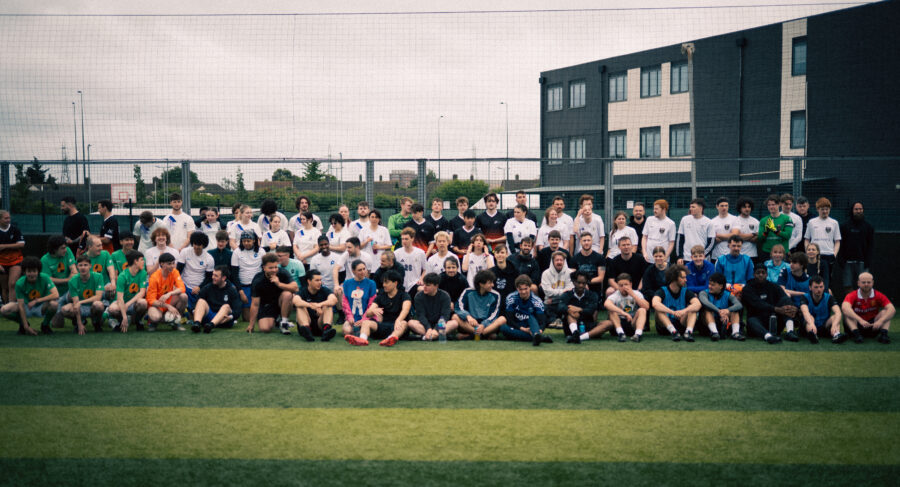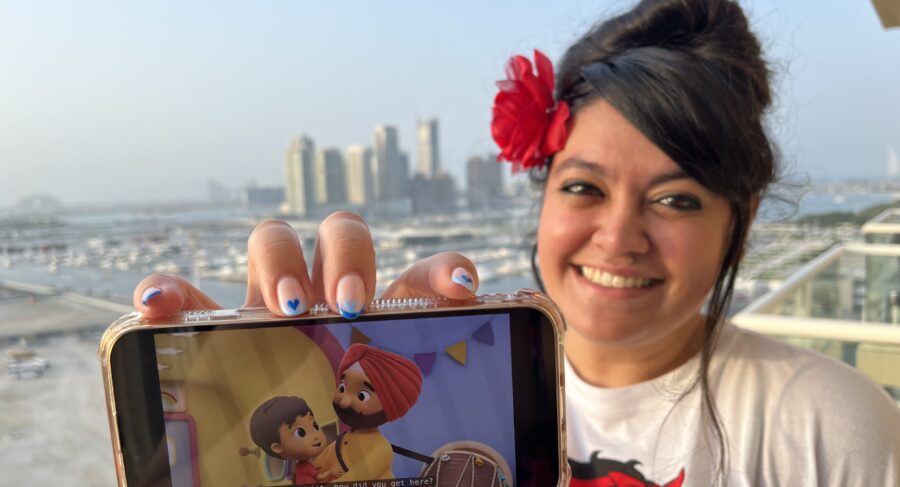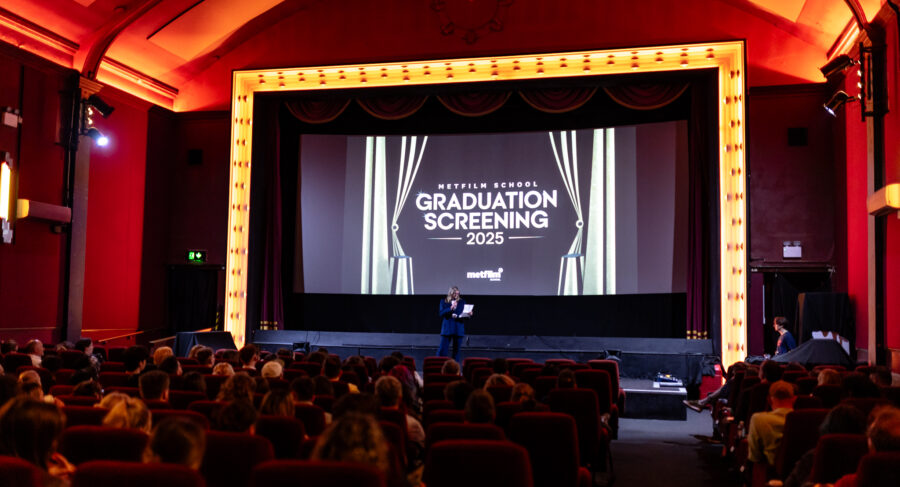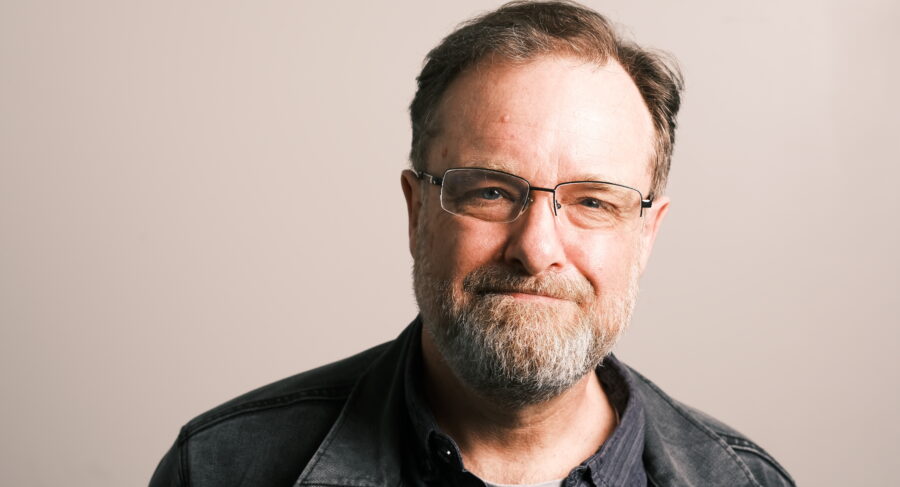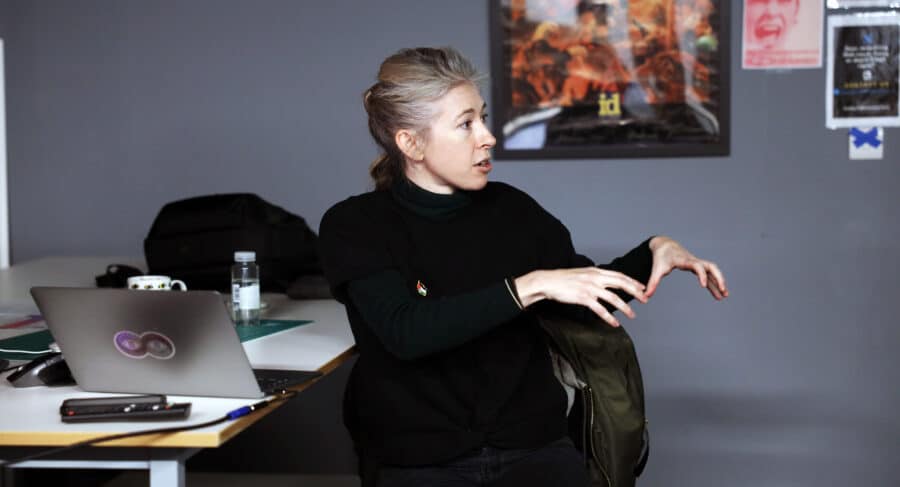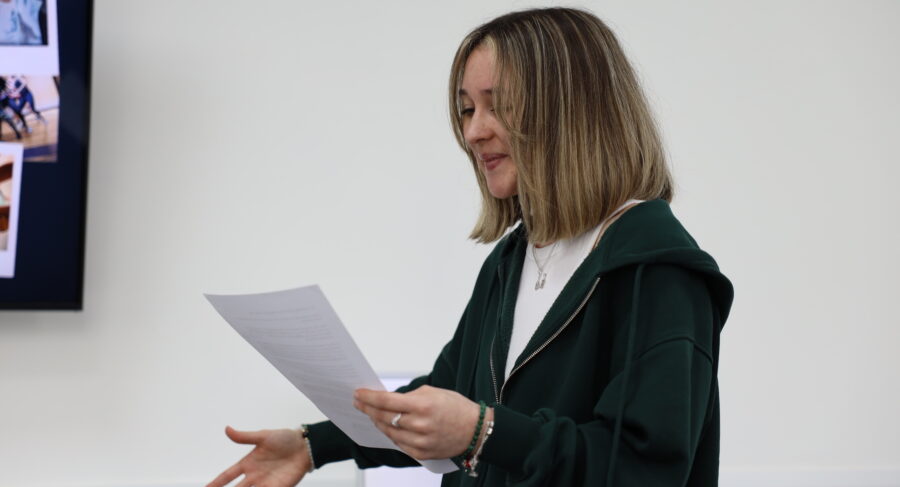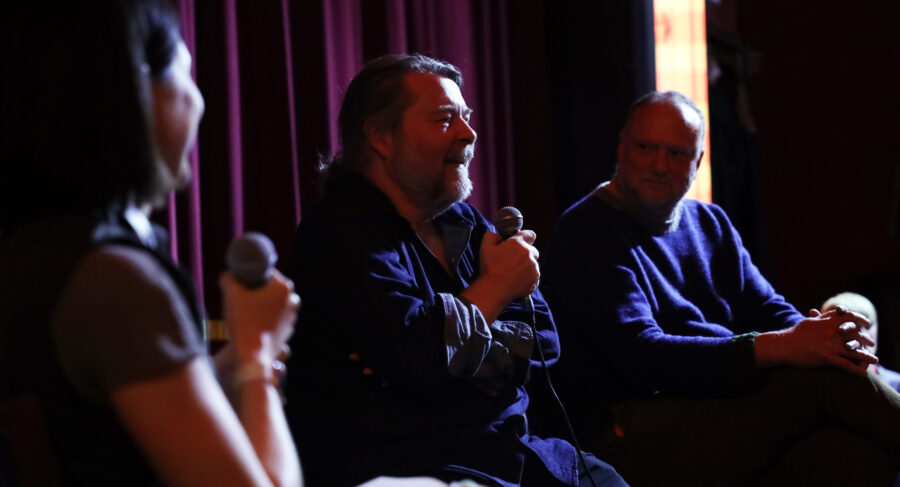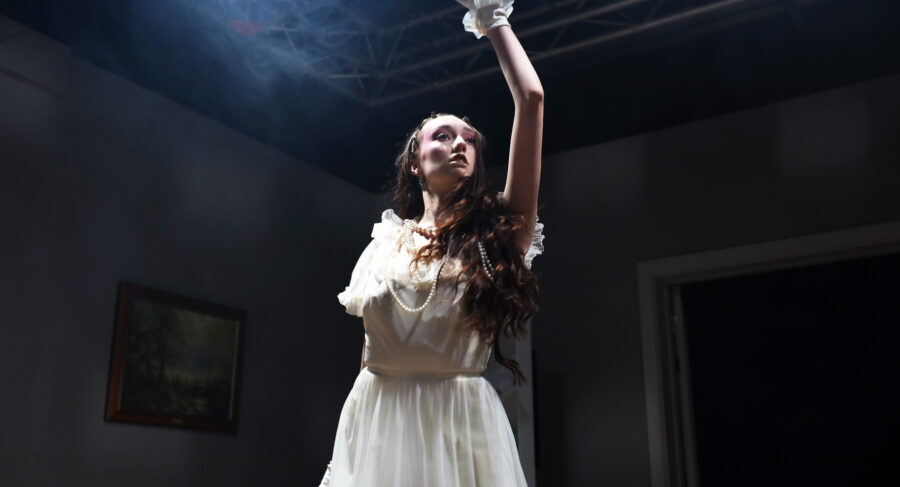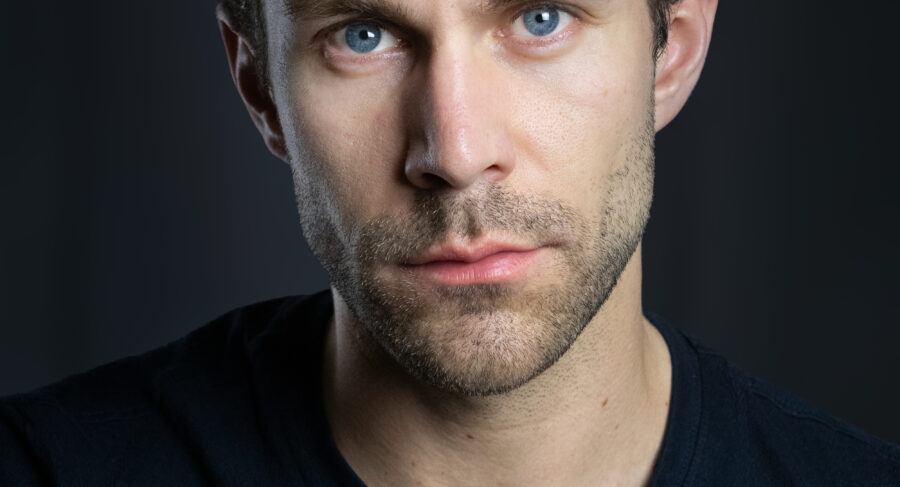Writing tips from our virtual Masterclass with Sally Wainwright
By Danny Kelly
22 May 2020
It’s becoming increasingly hard to talk about British drama without mentioning the BAFTA-award winning screenwriter and director, Sally Wainwright. Over the last ten years, she has become a household name with television viewers, praised for her fully-formed female characters, authentic dialogue and convincing portrayals of British society in series such as Happy Valley, Last Tango in Halifax and, most recently, BBC/HBO co-production, Gentleman Jack.
Who better, then, to have kicked off our series of Virtual Masterclasses than Sally herself, who joined us last month to discuss her journey from London bus driver in the late 80’s to one of the most respected and sought-after writers in the business.
Here are some key takeaways and writing tips from the discussion…
Starting Out
- ‘I’ve always written since I was little. In terms of how I got started professionally, I wrote a play while I was at university that we took to the Edinburgh Festival. I sent invites to a lot of people: agents; producers whose work I liked; anyone I’d heard of in the television industry. One agent asked to see a copy of the play and she hired me off the strength of it. This led to a trial shift for The Archers on BBC Radio 4.’
- Writing for The Archers: ‘That was a fantastic learning curve. There were about six of us and we wrote a week’s worth of scripts at a time. There was a very strict structure as it isn’t a show with a big budget. In each episode, you could use around seven characters in five scenes, and you would have to use those characters twice within each episode. It was a really interesting, logistical challenge. They were quite simple rules, but good rules for good basic storytelling.’
Confidence
- ‘I’m a Northern woman with a chip on my shoulder and a lack of confidence, but I never had a lack of confidence about what I wrote. It was the one area of my life that I was pretty robust and I’ve always been shameless about sending my work out to people. Scripts are very personal. It’s like baring your soul in public. But it’s good to get over that initial stage of being scared of sending your script out.’
Inspiration
- ‘I used to worry about what inspiration was and where it comes from. It’s a difficult thing to answer because it’s again very personal. I realised that inspiration is a tiny thing, a small part of an idea. Something that really excites you. Perhaps an idea or story that has really affected you in some way.’
- ‘Often it’s not about a huge, epic story with a beginning, middle and an end. It’s a tiny moment; a scene, an instant. The rest is then working out how that incident has come to happen and what happens as a result of it.’

Writing tips
- Process: ‘It’s difficult to describe process because it makes it sound like you have a set system. Every project is different. For me, it starts with the characters. I tend to write down everything I know about them and stories come from that.’
- Backstory: ‘The more experienced I get as a writer, the more I’ve realised that backstory is a huge thing. You can never have enough details for characters in terms of how detailed they are in the present. Everything about your past informs who you are now in some shape or form. And you don’t know when that’s going to be useful. The devil is in the detail.’
- Preparation: ‘I always write a screen breakdown. For Happy Valley, I tend to write about ten pages, in really tiny font, which is packed with detail. This is where you break the back of the episodes so that when you actually come to write the dialogue, you can just go for it as you’ve already solved a lot of problems. I see it as building a wall. If you haven’t got solid foundations, by the time you get to the ninth or tenth row it’s going to be falling over.’
- Setting: ‘I think it’s important to set dramas in a very particular part of the world instead of a generic London or New York. Some of the most successful dramas, like Breaking Bad, are set in a very specific place. Or something like Fargo where they have that particular vernacular. It really enhances the credibility and you utterly believe in the world that these characters exist.’
- Be economical: ‘Screen time is precious and you’ve got to do as much as you can within the slot, not just get through it. Do something new, even if it’s just in a tiny way.’
- Re-reading: ‘I’m up to page 42 of my present script and every day I start by re-reading what I’ve already written. You spend as much time reading as you do writing. As you go over it, you see if it’s working and if it’s got a good sense of development and pay-off.’
- Writer’s Block: ‘I’ve always said I don’t really believe in writer’s block, because on a daily basis you’re going to get to a point in a scene and not quite know what exactly comes next. You’ve just got to battle your way through it and keep going. When you get really stuck, it’s often because you just haven’t thought things through in enough depth and there’s something missing. Sometimes I find that have to go back and consider what I haven’t done.’
Got a story you want to tell? Find out more about our MA Screenwriting.

